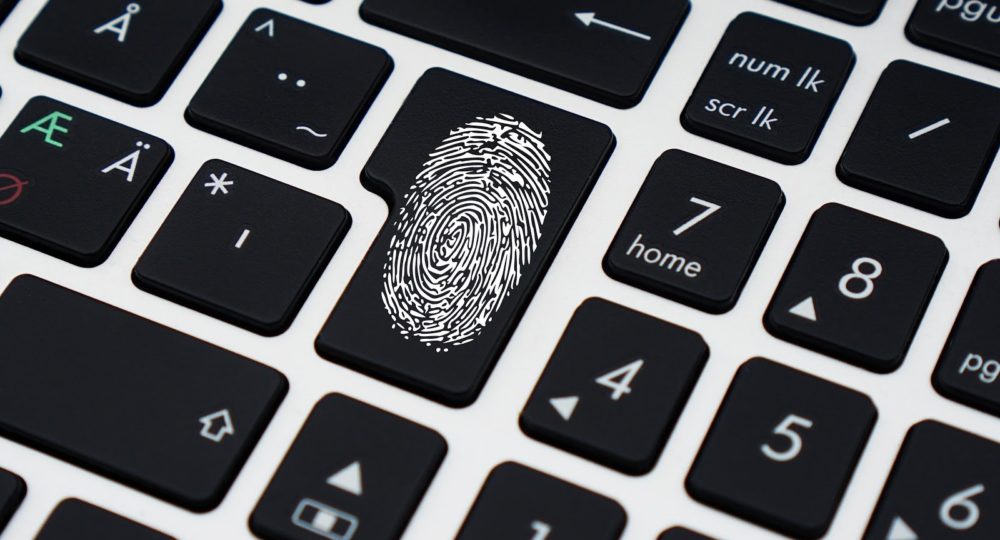The purpose of World Password Day is to promote awareness regarding the importance of creating strong passwords and changing them often. Fortunately or unfortunately we have user ids and passwords for just about everything (i.e. online banking, online shopping, retirement accounts, hospital or physician office medical records, email accounts, etc.). The hype surrounding privacy and security is very prevalent with what seems like constant news reports about data breaches or security failures, causing widespread panic and concern.
This article will share some helpful tips relating to passwords.
Do you find yourself reusing the same passwords over and over? When prompted to change a password do you simply append your existing password with a new number or letter? Do you find yourself using the same passwords for all of your accounts?
If you answered yes to any of these questions, you are making it easy for hackers to “crack” your password(s) and consequently steal your identity or commit other fraudulent acts.
Good password practice includes creating passwords with a combination of the following:
- uppercase and lowercase letters
- numbers
- symbols/special characters
- spaces
- password that have a minimum length of 12 characters
The more complex the password the harder it is for a hacker to break! It is also a good idea to use multi-factor authentication on any website or application that offers it as an increased security option. Multi-factor authentication prompts the user to enter two or more distinctly different options for verifying their identity.
The issue with reusing passwords on one site or login will weaken security of the password, but reusing the same password across multiple sites significantly increases the potential for risk. Hackers and adversaries routinely attempt to use known or compromised passwords when trying to break into accounts. Lists of compromised or discovered passwords are available on the internet and often shared among various hacker communities. So, if you have a password for a specific website that becomes hacked and you have used that same password for other websites or for other accounts, those accounts may become compromised as well.
Did you know there are password generator resources that can help you create unique and highly secure passwords?
If you are interested in looking into a password generator resource, follow the links below. This is a very easy way to select a new highly secure password or improve an existing password:
https://identitysafe.norton.com/password-generator/
https://lastpass.com/generatepassword.php
https://www.roboform.com/password-generator
How often should you change your password?
Some websites or applications will prompt you to reset your password automatically, however, it is good practice to change your passwords every 30-90 days.
How do you presently keep track of all of your passwords?
Writing passwords down in a notebook or other non-secure manner is a recipe for disaster. The whole point in creating a password is to protect yourself. Keeping passwords in a notebook or other non-secure manner exposes your privacy and security. You may want to check into password managers that allow you to store your user ids and passwords in an encrypted database.
Encrypted databases store your passwords securely and prevent hackers from retrieving your passwords to use at their will.
Some anti-virus products come with built-in password management tools, however, PC Magazine published an article titled “The Best Password Managers of 2018” where they highlight several password manager programs that may be of interest.
In this day and age, it is important to take our security seriously and put measures in place to protect ourselves in this world of technology and innovation. With technology and innovation comes many opportunities for our safety and security to be invaded or compromised. Use the helpful tips in this article to take control of your security and protection and avoid falling victim to ongoing security threats.





